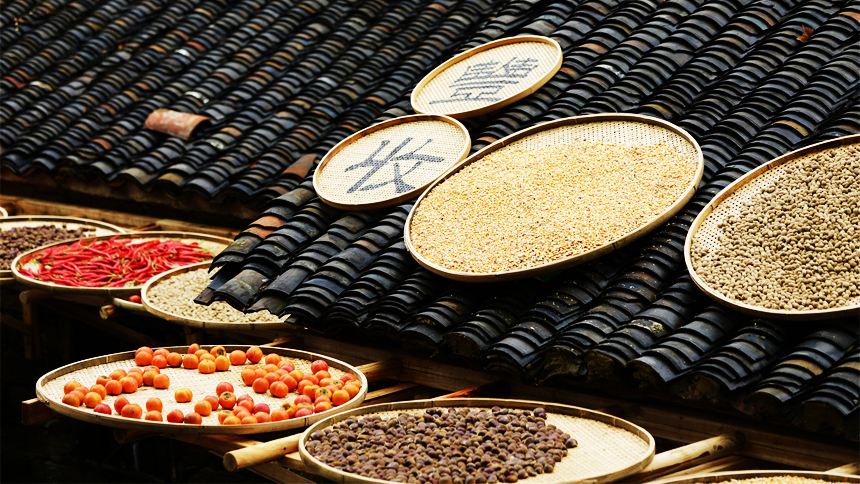Global scientists illustrate importance of collective efforts to achieve SDGs
CHONGQING, Nov. 8 (Xinhua) -- Amid challenges such as poverty, climate change and natural disasters impacting the world, scientists from across the globe had convened to pool wisdom and explore ways to achieve the Sustainable Development Goals (SDGs) at the Belt and Road Conference on Science and Technology Exchange that was held in southwest China's Chongqing Municipality from Monday to Tuesday.
"The only solution for these global problems is science and technology. That's impressive to see so many efforts from Belt and Road participating countries trying to unify their efforts in terms of science and technology. I believe the connections which we develop during this conference will bring this talent development program to a new level," said Konstantin Novoselov, Nobel laureate in physics.
During a forum for young scientists held as part of the conference, over 100 scientists presented their practical projects related to tackling emerging contaminants in wastewater treatment, combating plastic pollution and improving crop monitoring.
Tista Prasai Joshi, a researcher from the Nepal Academy of Science and Technology, highlighted the challenges associated with achieving SDG 6, which aims to ensure access to safe drinking water and adequate sanitation for all. She also outlined research opportunities in Nepal.
"The water research in Nepal is of great importance because we also share our solutions to water pollution treatment with many other countries, which have contributed to sustainable development worldwide," said Tista Prasai Joshi. "Looking forward, we also hope that Nepal can be a good platform for further international cooperation on water resources protection."
Many of the participating scientists have already been carrying out collaboration with China. Hegyi Ference from the Hungarian University of Agriculture and Life Sciences has been working with Southwest University to develop a Chinese version of Pálinka, a Hungarian fruit brandy.
Noting that their cooperation with Southwest University has spanned over a decade, he hailed the university's strong research capabilities in food science and the dedication of its researchers. "It is amazing to find China has such a variety of fruits so that we can apply our technology to different fruits," he said.
"Since our research requires lots of fruits, we can help farmers deal with those surplus fruits and contribute to poverty alleviation. They mostly purchase Chongqing's local fruits, such as oranges, plums and grapefruits," said Du Muying, deputy professor of the College of Food Science at Southwest University.
Helena B. Nader, president of the Brazilian Academy of Sciences, lauded the Belt and Road Initiative as a remarkable endeavor as it fosters unity among global scientists. "When I go back, I will try to deliver the message of how important it is to be involved in the program as a country, not as individuals," he said.
Photos
Related Stories
- Green technology cooperation benefits BRI partners
- Qianhai, Shenzhen hosts media research activities for 10th anniversary of BRI
- Chinese vice premier calls for deeper sci-tech cooperation with BRI countries
- Belt and Road ministries hold meeting on science, technology, and innovation
- First Belt and Road Conference on Science and Technology Exchange opens in SW China's Chongqing
Copyright © 2023 People's Daily Online. All Rights Reserved.









